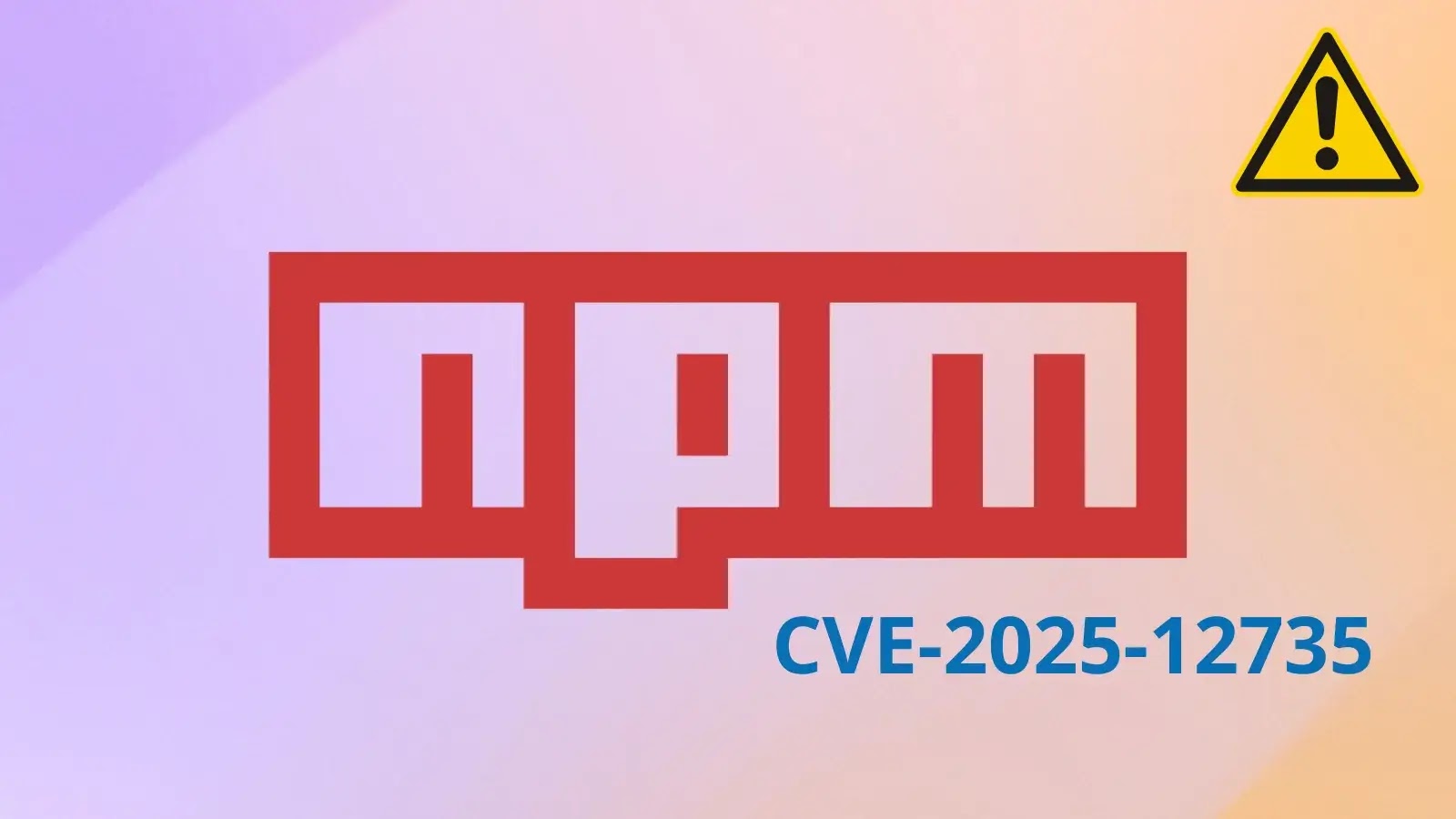Critical Vulnerability in Popular NPM Library Threatens AI and NLP Applications
A significant security flaw has been identified in the widely utilized JavaScript library, `expr-eval`, posing a substantial risk to artificial intelligence (AI) and natural language processing (NLP) applications. This vulnerability, cataloged as CVE-2025-12735, enables attackers to execute arbitrary system commands through maliciously crafted inputs, potentially leading to remote code execution (RCE) on affected systems.
Understanding the `expr-eval` Library
The `expr-eval` library is a JavaScript tool designed to parse and evaluate mathematical expressions safely, serving as a more secure alternative to JavaScript’s native `eval()` function. Its primary function is to interpret and compute mathematical expressions provided as strings, making it a valuable component in various applications that require dynamic expression evaluation.
The Vulnerability Explained
Researchers from Carnegie Mellon University discovered that attackers could exploit this vulnerability by defining arbitrary functions within the parser’s context object. This manipulation allows the injection of malicious code capable of executing system-level commands. The severity of this flaw is underscored by its classification under the Stakeholder-Specific Vulnerability Categorization (SSVC) framework as having Total Technical Impact. This designation indicates that adversaries could gain complete control over the affected software’s behavior and access all system information.
Implications for AI and NLP Applications
The ramifications of this vulnerability are particularly concerning for AI and NLP applications. These systems often operate in server environments with access to sensitive local resources and frequently process user-supplied mathematical expressions. An attacker exploiting this flaw could execute arbitrary code, leading to data breaches, unauthorized access, and potential system compromise.
Scope of the Threat
The `expr-eval` library has over 250 dependent packages, including `oplangchain`, a JavaScript implementation of the popular LangChain framework. This widespread adoption amplifies the potential impact of the vulnerability across the AI and NLP ecosystem. Developers and organizations relying on these packages are at heightened risk and must take immediate action to mitigate potential threats.
Mitigation Measures
To address this critical vulnerability, developers using `expr-eval` or its forked versions should promptly upgrade to `expr-eval-fork` version 3.0.0. This patched version introduces several security enhancements, including:
– Allowlist of Safe Functions: Restricts the functions that can be executed, preventing unauthorized code execution.
– Mandatory Registration for Custom Functions: Requires explicit registration of custom functions, ensuring that only intended code is executed.
– Enhanced Test Cases: Implements comprehensive testing to enforce security constraints and detect potential vulnerabilities.
The vulnerability was responsibly disclosed by security researcher Jangwoo Choe (UKO) and addressed through GitHub Pull Request #288. Organizations can utilize `npm audit` to automatically detect this vulnerability in their projects via the GitHub Security Advisory GHSA-jc85-fpwf-qm7x.
Broader Context of NPM Security Concerns
This incident is part of a series of security challenges within the NPM ecosystem. For instance, the Shai-Halud supply chain attack compromised 477 NPM packages, introducing stealthy backdoors and trojanized modules designed to siphon credentials and enable remote code execution on developer machines. Additionally, the PhantomRaven attack involved 126 malicious NPM packages that collectively accumulated over 86,000 downloads, harvesting NPM authentication tokens, GitHub credentials, and CI/CD pipeline secrets from developers worldwide.
Conclusion
The discovery of CVE-2025-12735 in the `expr-eval` library underscores the critical importance of vigilance in software development and dependency management. Developers and organizations must proactively monitor and update their dependencies to safeguard against emerging threats. By promptly addressing vulnerabilities and implementing robust security practices, the integrity and security of AI and NLP applications can be preserved.



